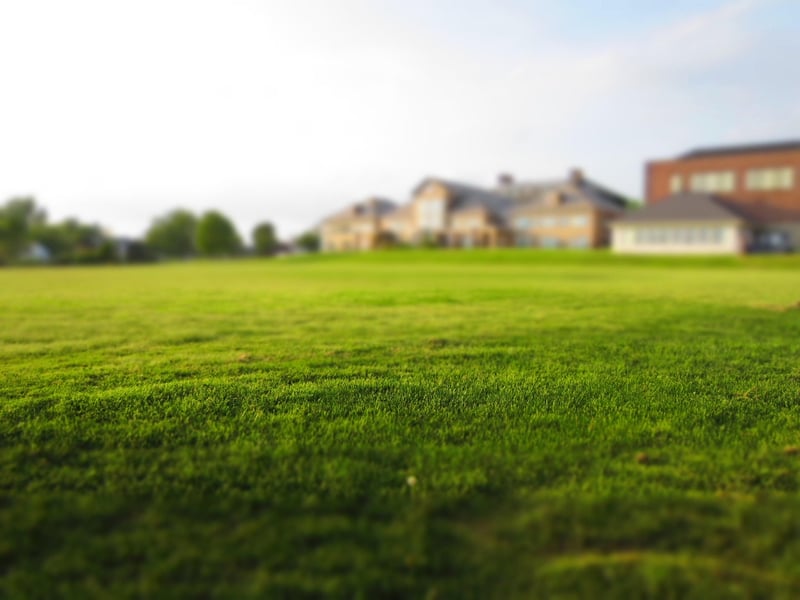Neighborhood Gardens
Gardening Spaces for Communal Use
Communal gardening spaces, also known as neighborhood gardens, are a fantastic way for residents to come together, connect with nature, and grow fresh produce. These shared gardens offer a sense of community, promote sustainability, and provide a therapeutic escape from the hustle and bustle of urban life.
Benefits of Neighborhood Gardens
- Community Bonding: Neighborhood gardens foster a sense of community spirit and cooperation among residents.
- Sustainability: By growing food locally, neighborhood gardens reduce the carbon footprint associated with transportation and promote eco-friendly practices.
- Health and Wellness: Gardening is a great way to stay physically active, reduce stress, and enjoy the mental health benefits of spending time outdoors.
- Education: Neighborhood gardens provide an opportunity for learning about gardening techniques, plant varieties, and environmental stewardship.
Tips for Starting a Neighborhood Garden
- Community Involvement: Get your neighbors on board and establish a core group of volunteers to help plan and maintain the garden.
- Location: Choose a sunny spot with access to water and good soil for optimal plant growth.
- Organize Tasks: Divide responsibilities such as planting, watering, weeding, and harvesting among participants.
- Set Guidelines: Establish rules for garden use, such as shared responsibilities, plant selection, and maintenance schedules.
Joining an Existing Neighborhood Garden
If starting a new garden seems daunting, consider joining an existing neighborhood garden. Many communities have established gardens that welcome new members and offer opportunities to get involved in gardening activities.
Whether you're a seasoned gardener or a novice, neighborhood gardens provide a welcoming space to connect with nature, meet new people, and contribute to a greener, healthier community.

Explore the beauty of community gardening and reap the rewards of growing your own food in a shared, sustainable environment!
For more information on neighborhood gardens in your area, visit CommunityGardens.org.
